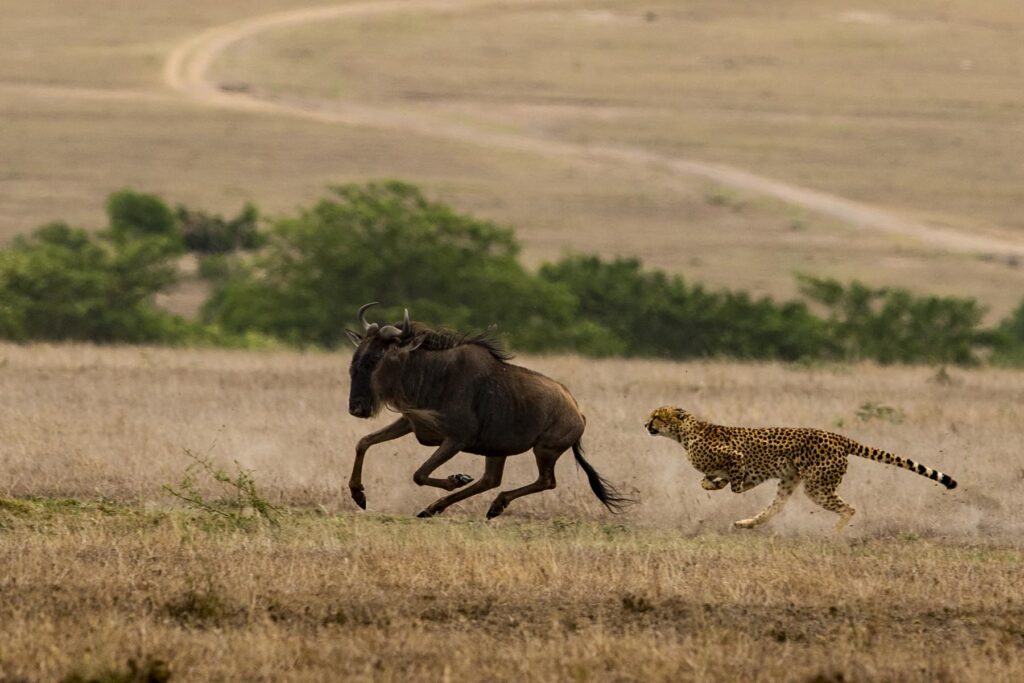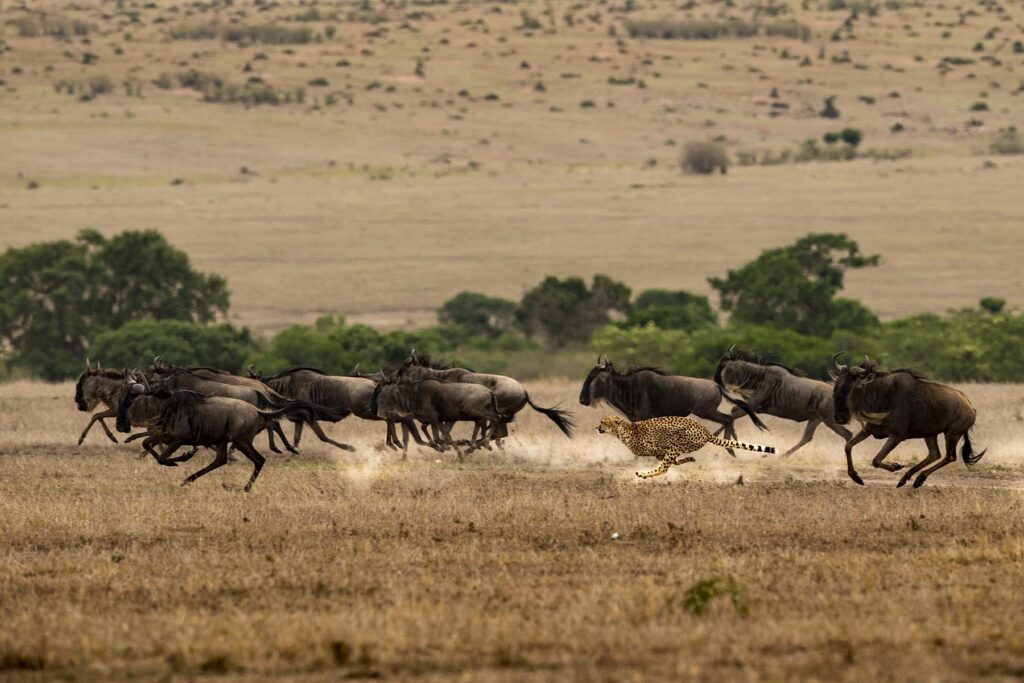Wildlife
Safari Etiquette
Imagine the golden glow of the African savanna. The sun dips below the horizon, painting the sky in hues of crimson and gold. The air is alive with the sounds of wildlife, from the majestic roar of lions to the rhythmic trumpeting of elephants. Embarking on a safari adventure is not just a journey—it’s a thrilling odyssey into the heart of nature’s grandeur.
However, amidst the awe-inspiring landscapes and unforgettable encounters, lies a crucial responsibility: safari etiquette. In this guide, we delve into the principles of safari etiquette. You’ll learn how to navigate these remarkable landscapes with grace and consideration.
SAFARI ETIQUETTE
Respect The Wildlife
Observe From A Distance. Maintain a safe distance and allow the animals to carry on with their natural behaviours. While the temptation to get closer for the perfect photo may arise, remember that invading their space can cause stress. Maintain a respectful distance and appreciate their beauty from afar.
Avoid Feeding The Animals. Refrain from feeding wild animals to preserve their natural diets. Offering human food can lead to dependency and alter wildlife behaviour. Follow the regulations of the Masai Mara National Reserve and simply observe the animals.
Practice Respectful Photography. Maintain a calm environment and minimize sudden movements and loud noises. Use zoom lenses to get close-up shots without intruding, and avoid flash photography at night. It can startle nocturnal animals and disrupt their natural rhythms.

Respect Safety Protocols
Heed Guide Instructions. Prioritize safety by following the instructions of your safari guides and park rangers. Listen attentively to briefings on wildlife safety protocols, emergency procedures, and potential hazards. There’s always some risk on safari – follow all safari etiquette to ensure a secure and enjoyable experience.
Practice Wildlife Safety Protocol. Familiarize yourself with wildlife safety protocols to minimize risks during encounters with animals. Maintain a safe distance from potentially dangerous wildlife, such as lions, elephants, or rhinos. Avoid approaching them on foot. Stay inside designated viewing areas and vehicles to reduce the likelihood of confrontations. This ensures the safety of both visitors and wildlife.
Prioritize Health and Hygiene. Uphold personal well-being by practicing good hygiene habits during safari expeditions. Carry essential supplies, such as hand sanitizer, insect repellent, and sunscreen, to protect against common health risks. Stay hydrated to prevent heat-related illnesses and other health concerns.
SAFARI ETIQUETTE
Respect The Environment
Leave No Trace Behind. Embrace the principle of leaving no trace to ensure minimal human impact. Dispose of trash properly to maintain the beauty of your surroundings. By practicing responsible waste management, safari-goers can help preserve the delicate ecosystem for future generations.
Choose Sustainability. When possible, opt for camps that prioritize environmental conservation. This may include using renewable energy sources or implementing water conservation measures. By choosing sustainable accommodations, visitors can minimize their environmental footprint.
Emit Less Carbon. Explore lower-impact options to minimize your ecological footprint while on safari. Consider eco-friendly game drives with electric or hybrid vehicles to reduce carbon emissions. By prioritizing sustainable transportation, visitors can enjoy immersive safari experiences while minimizing their impact

Respect Local Communities
Respect Cultural Sensitivity. Honor local customs, traditions, and beliefs when interacting with communities near safari destinations. Take the time to learn about cultural norms and practices, showing respect for indigenous peoples and their way of life. In this way, visitors can foster mutual understanding and appreciation while avoiding offense.
Support Local Economies. Invest in the economic well-being of local communities. Shop at small businesses, artisans, and markets. Purchase locally-made souvenirs and crafts and contribute directly to the livelihoods of residents. Stay at camps and lodges that are committed to making a positive impact on local communities.
Engage in Educational Exchanges. Seek opportunities for meaningful cultural exchanges and learning experiences with local communities. Participate in organized cultural activities, traditional dances, or guided village tours to gain insights into local life and traditions. You’ll deepen your appreciation for diverse cultures and forge genuine connections with the people you encounter on your safari journey.
Safari etiquette isn’t just about following rules. It’s about fostering a culture of respect—for the wildlife, the environment, and the communities that call these habitats home. It’s a commitment to cherish and protect the natural treasures of our planet. By embracing these principles, we contribute to the preservation of the Masai Mara.







